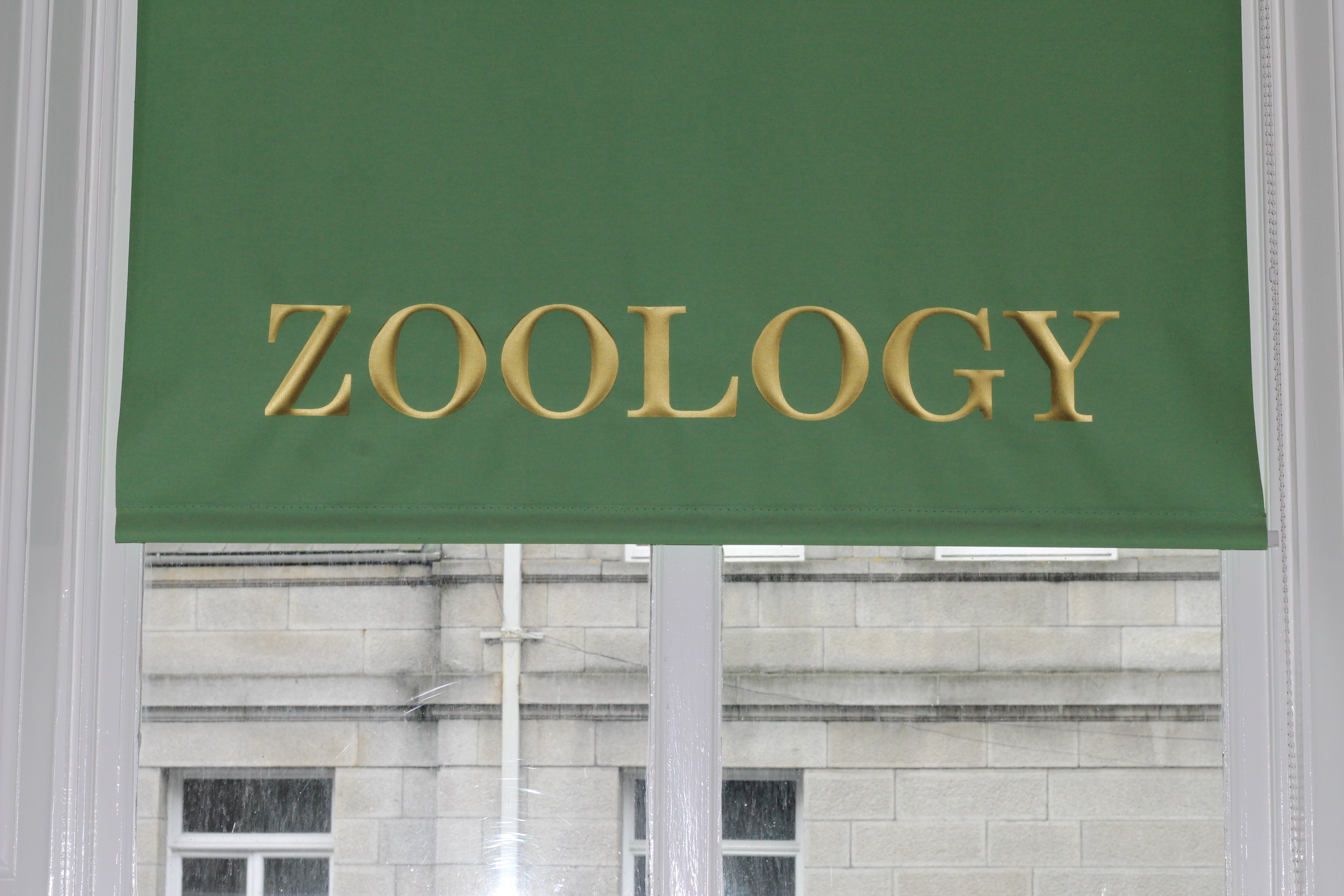Several Trinity Zoology and natural sciences students have expressed dismay following a social media announcement from Dublin Zoo that the future of the zoo is “uncertain” due to financial pressures caused by the pandemic.
The zoo has lost an estimated €8 million in the time that they were forced to close their doors to the public in light of Covid-19 restrictions. Since announcing the “devastating impact” of this loss in funds, the zoo outlined several measures that the public could take to support the zoo, including making donations and “adopting” endangered animals.
Speaking to Trinity News, Cian Lynch, a fourth-year zoology student in Trinity, says his “heart dropped” upon seeing the news of the fundraising campaign, and he was immediately motivated to help.
“The welfare of the zoo never even crossed my mind during the pandemic, so it was quite a shock that morning,” he reported.
For students in Trinity, Lynch said, “the zoo is such a valuable resource for natural science students”.
Fellow fourth-year and OCM of DU Zoological Society (ZooSoc) Thomas Green echoed this sentiment by saying that he’d had more than one lab involving a trip to the zoo “to look at animal behaviours and morphology”.
“Being able to observe animals up close is incredibly beneficial for zoology because seeing behaviours is different than reading about them or even watching a video,” he stated.
Green plans to study animal behaviour after graduating from Trinity, and the zoo’s potential closure would have lasting effects on his plans for the future. He explained that “the zoo would give the opportunity for long term but small scope projects that observe the behaviour of captive animals”.
Lynch, too, lamented the lasting impacts that he foresees the loss of the zoo would have on the future, and he noted that it would put “many talented zookeepers and other staff out of work”.
He mentioned that his own interest, and that of many of his peers, was sparked by his childhood experiences at the zoo. Losing access to many summer camps, educational experiences, and workshops offered to patrons “would potentially cause a declining interest in the natural sciences for young people”.
As both Lynch and Green are in their final year of study, the closure of the zoo wouldn’t have an impact on their study in Trinity specifically, but Green expressed concern that “future students wouldn’t have the opportunity to observe elephants and their communication through physical contact, or the fake eyes on the back of a tiger’s ears and learn about the numerous adaptations that animals have to protect themselves or dorm relationships”.
After hearing about the struggling zoo, Lynch was motivated to do what he could to help. He posted on Facebook the same morning a link to a GoFundMe he had created alongside the statement that “Dublin Zoo is a wonderful resource for not only natural science students, but for all those who appreciate the natural world”.
“Only 7 minutes after I made the campaign, someone donated €50. They were a complete stranger to me and I was so inspired by their generous donation that I decided to keep going,” he reported.
He plans to organise events in tandem with DU ZooSoc in order to raise awareness and funds for this campaign.
Additionally, he stated that he has “been in contact with Dublin Zoo about the campaign and they are fully behind it, and [he] will be keeping them up to date with how the campaign is going”.
Green concluded by stating that “Dublin Zoo is a great example of a zoo made for animals and not people, and has a large influence on zoos across the globe”.
“The zoo is focused on rewilding and restoring population levels, only taking care of endangered animals etc., and they would have a large impact on restoration ecology and rewilding professionals in the future.”
The zoo’s own campaign has raised over €2 million of its €8 million goal in the days since it announced its difficulties.
Lynch said he has been inspired by statistics provided by the zoo about the impact of donations: “A donation of €25 is enough to feed one of the zoo’s red pandas for a day while €50 will feed a lion for one day, €75 can feed an elephant for a day and €100 will feed a southern white rhinoceros for a week.”
Events for students arranged through ZooSoc will be announced in the coming weeks through social media.






